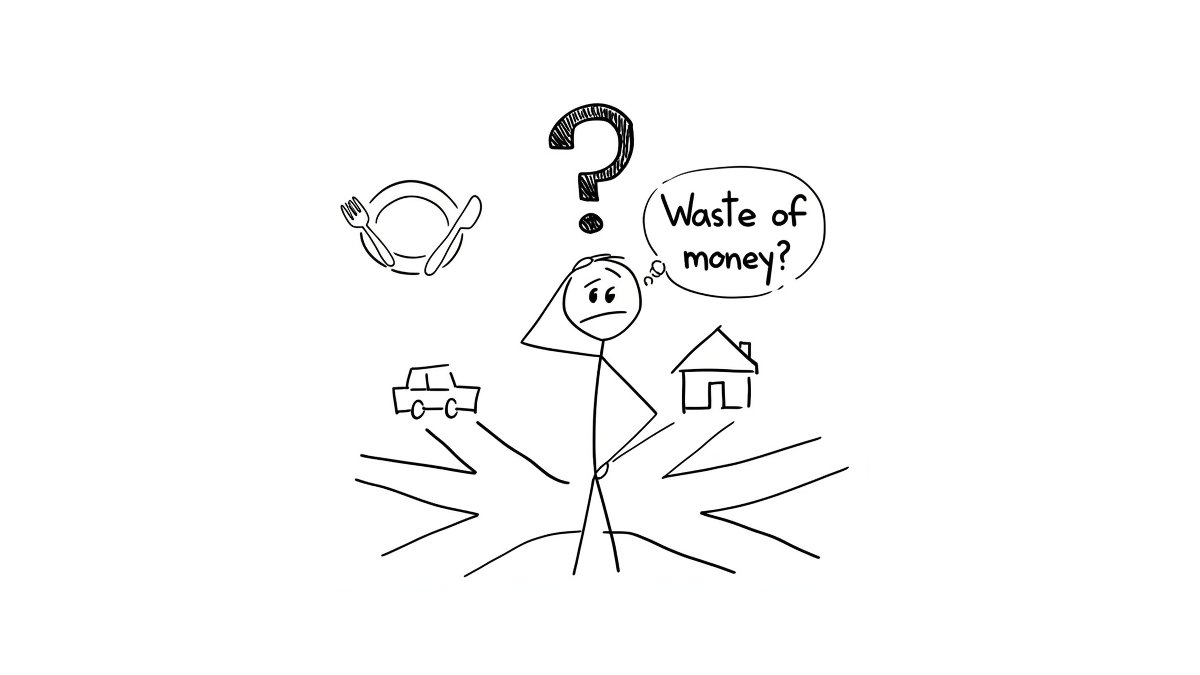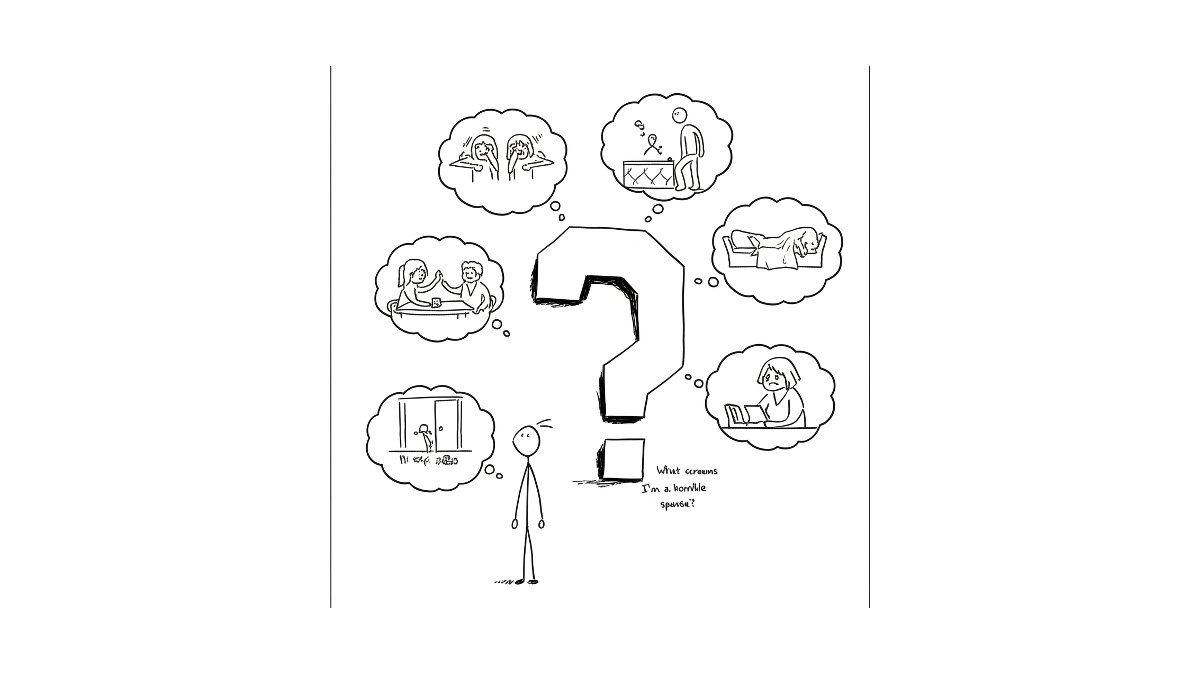Have you ever bought something and later wondered, “Why did I fall for that?” You’re not alone. We often make impulsive decisions or believe promises that are too good to be true. As a result, entire industries have emerged that profit from simple mistakes and misinformation, costing consumers billions.
The “Stupidity” Economy Thrives
First, it’s clear that certain industries flourish by capitalizing on a lack of knowledge. These businesses often present simple answers to complex problems. They thrive in areas like health, wealth, and personal convenience, where people desperately want quick fixes. For example, Multi-Level Marketing (MLM) schemes promise financial freedom but rarely deliver. Similarly, the wellness industry is filled with products that offer miraculous results with no scientific backing.
“Multi level marketing.”
Furthermore, these trends are incredibly pervasive. The market for so-called “detox” products and questionable weight loss aids is a multi-billion dollar industry. These companies prey on insecurities and a general misunderstanding of how the human body works. They sell a feeling of control, even if the product itself is useless.
“Weight loss ‘hacks’ industry (all the detox and weight loss teas, etc, that don’t work…)”
The Psychology of Scams
However, falling for these schemes isn’t just about being “stupid.” Clever marketing exploits deep-seated psychological triggers. Many people feel overwhelmed by modern life and crave simple solutions. This creates a perfect opening for scams that promise easy money or instant health. The sellers are masters of persuasion. They create a sense of urgency or exclusivity to push you into a quick decision.
“Quacks who market themselves as ‘alternative’ healers while promoting treatments that don’t work. It should be illegal to do that.”
In addition, sometimes the issue is simple inattention. We are constantly surrounded by rules and warnings. Over time, we can become blind to them. This is why some jobs exist purely to prevent obvious mistakes. It highlights a tendency to overlook clear dangers if we are distracted or in a hurry.
“My job is just to hold a sign and make sure drivers don’t do anything obviously stupid like plow through cones, drive on fresh asphalt, or drive headfirst into a steamroller.”
Smarten Up, Save Money
Therefore, protecting yourself is about building better habits. You can avoid these traps with a little awareness and critical thinking. The best defense is to pause and question what you’re being offered. Here are a few strategies to keep your money in your wallet.
- First, always be skeptical of claims that sound too good to be true.
- Next, learn the basics about your health and finances. Understanding how your body works is the best defense against pseudoscience.
“I HATE when people talk about ‘cleansing the toxins out of them.’ That’s what your f***ing liver & kidneys are for! You literally already have tools inside of you to do that…”
- Also, be aware of your environment and potential situational scams. A moment of poor judgment can be costly.
“On South Padre Island there are guys that drive up and down the beach with big pickup trucks ready to tow your car out of the sand for a large fee.”
- Finally, give yourself a 24-hour cooling-off period before making a large or unusual purchase, especially under pressure.




